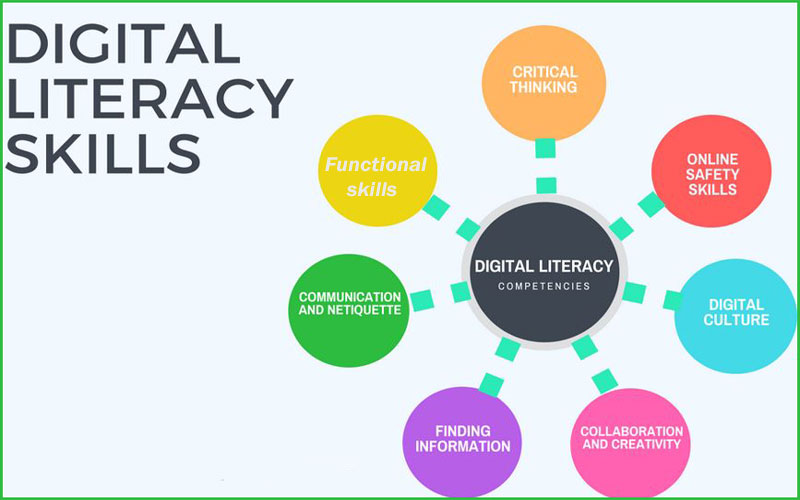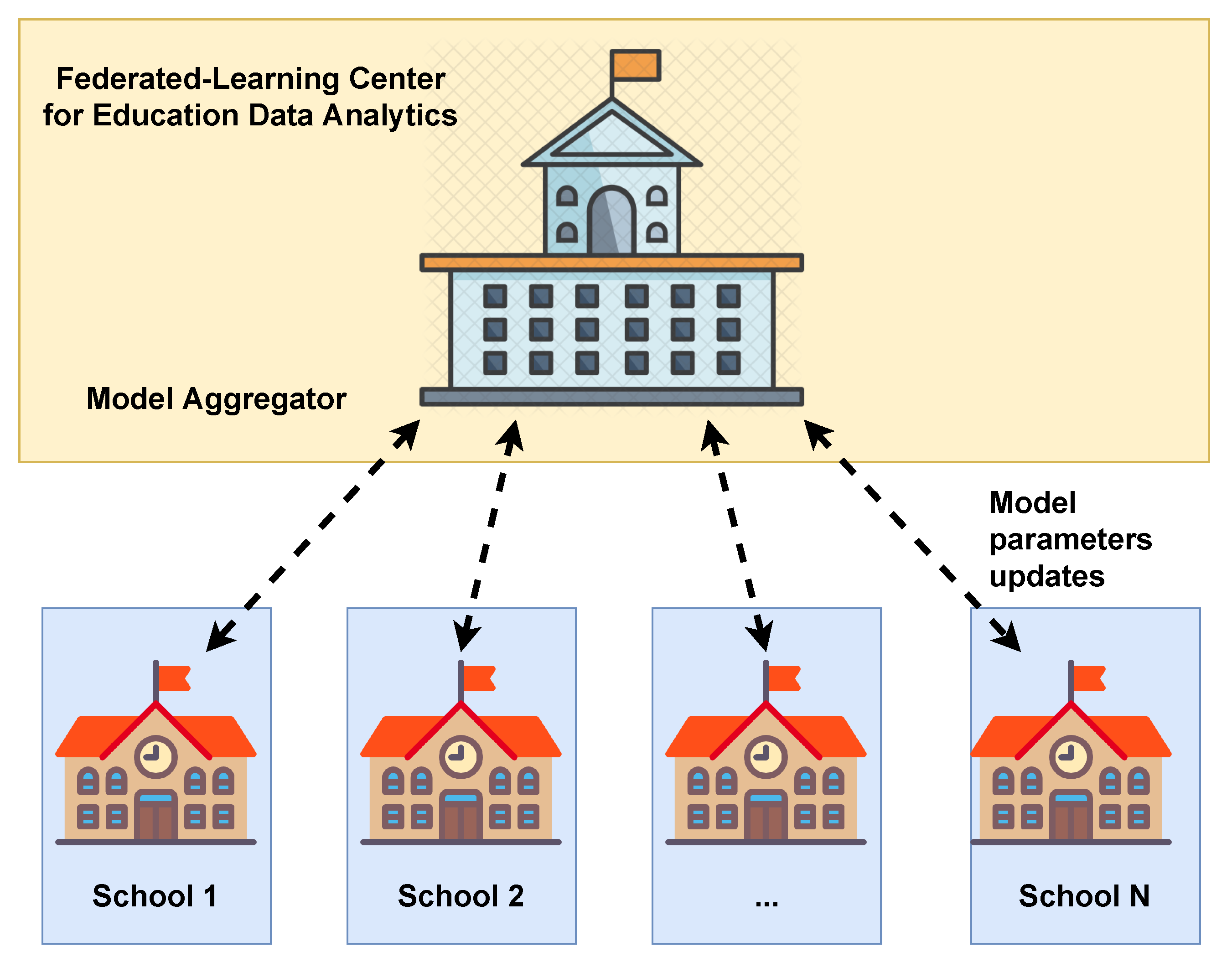
Mastering Digital Literacy: Essential Skills for Modern Living
In today’s digital age, possessing strong digital literacy skills is essential for navigating the complexities of modern living. From communication to employment and information access, mastering digital literacy is a fundamental aspect of personal and professional success.
Understanding the Core Components of Digital Literacy
Digital literacy encompasses a range of skills required to effectively use digital devices and platforms. This includes the ability to navigate the internet, critically evaluate online information, use digital tools for communication and collaboration, and protect oneself from online threats. Understanding these core components is crucial for developing a comprehensive set of digital literacy skills.
Navigating the Digital Landscape: Internet Proficiency
At the heart of digital literacy lies the ability to navigate the vast digital landscape. Proficiency in using search engines, understanding website structures, and discerning reliable sources from misinformation are central to effective internet use. Individuals with strong internet navigation skills can efficiently find information, conduct research, and stay informed in a world where information is abundant and easily accessible.
Critical Evaluation of Online Information: Combatting Misinformation
In an era where misinformation proliferates, the ability to critically evaluate online information is paramount. Digital literacy involves developing skills to discern credible sources, fact-check information, and recognize biases. By honing these critical evaluation skills, individuals can make informed decisions, contribute to meaningful discussions, and protect themselves from the potential consequences of relying on false or misleading information.
Effective Communication in the Digital Realm
Digital literacy extends to effective communication in various online platforms. This includes proficiency in email etiquette, social media communication, and the use of collaborative tools. Mastering these communication skills is essential for professional networking, building online communities, and participating meaningfully in digital conversations.
Collaboration in the Digital Age: Using Online Tools
The digital era has transformed the way individuals collaborate. Digital literacy involves familiarity with online collaboration tools, cloud platforms, and project management systems. Understanding how to effectively collaborate in virtual spaces is not only crucial for modern workplaces but also for participating in online learning environments and collaborative projects.
Protecting Personal Information: Online Security Measures
A key aspect of digital literacy is understanding and implementing online security measures. This includes creating strong passwords, recognizing phishing attempts, and safeguarding personal information. Individuals with strong digital literacy skills are better equipped to protect themselves from online threats, ensuring a secure online presence.
Embracing Digital Creativity: Multimedia Proficiency
Digital literacy extends beyond consumption to creation. Proficiency in creating multimedia content, such as graphics, videos, and presentations, is an essential skill. This creative aspect of digital literacy allows individuals to express themselves, share ideas effectively, and contribute meaningfully to the digital realm.
Adapting to Evolving Technologies: Lifelong Learning in the Digital Age
Given the rapid pace of technological advancement, digital literacy is not a static skill but a commitment to lifelong learning. Individuals with strong digital literacy skills embrace new technologies, stay abreast of digital trends, and continually upgrade their skills to remain relevant in a dynamic digital landscape.
Digital Literacy in Education: Shaping Future Generations
Educational institutions play a vital role in shaping digital literacy skills among students. Integrating digital literacy into the curriculum, teaching responsible online behavior, and providing access to digital resources contribute to preparing future generations for success in a digitally driven world.
Linking Digital Literacy Skills
Explore the significance of Digital Literacy Skills and discover how mastering these skills is essential for success in the modern world. From effective internet use to online security and creative expression, this comprehensive resource sheds light on the pivotal role of digital literacy in personal and professional development.
In conclusion, mastering digital literacy is not just a technological requirement; it is a key competency for thriving in the interconnected and digitized world. From navigating the internet to critically evaluating information and embracing digital creativity, individuals with strong digital literacy skills are better positioned to succeed in both their personal and professional lives.


